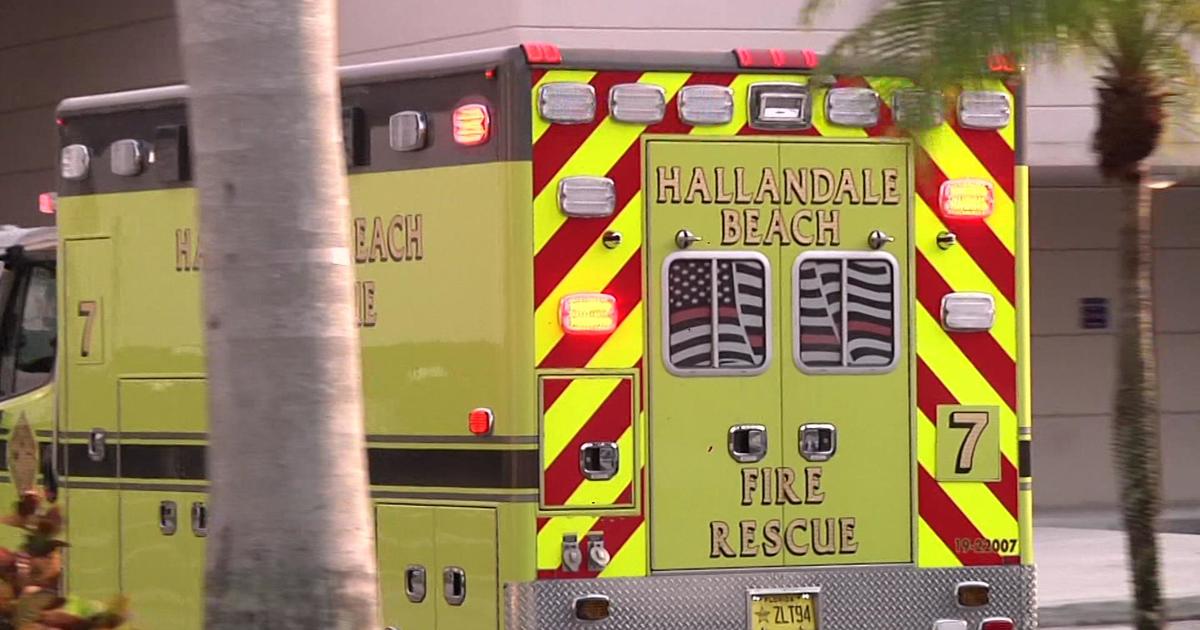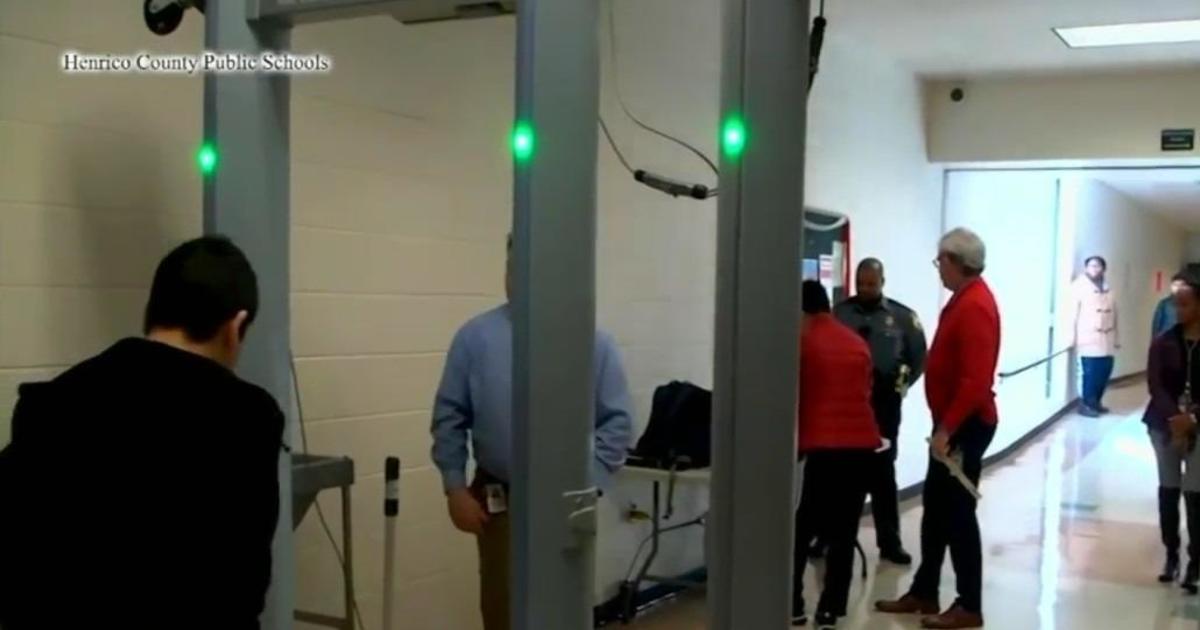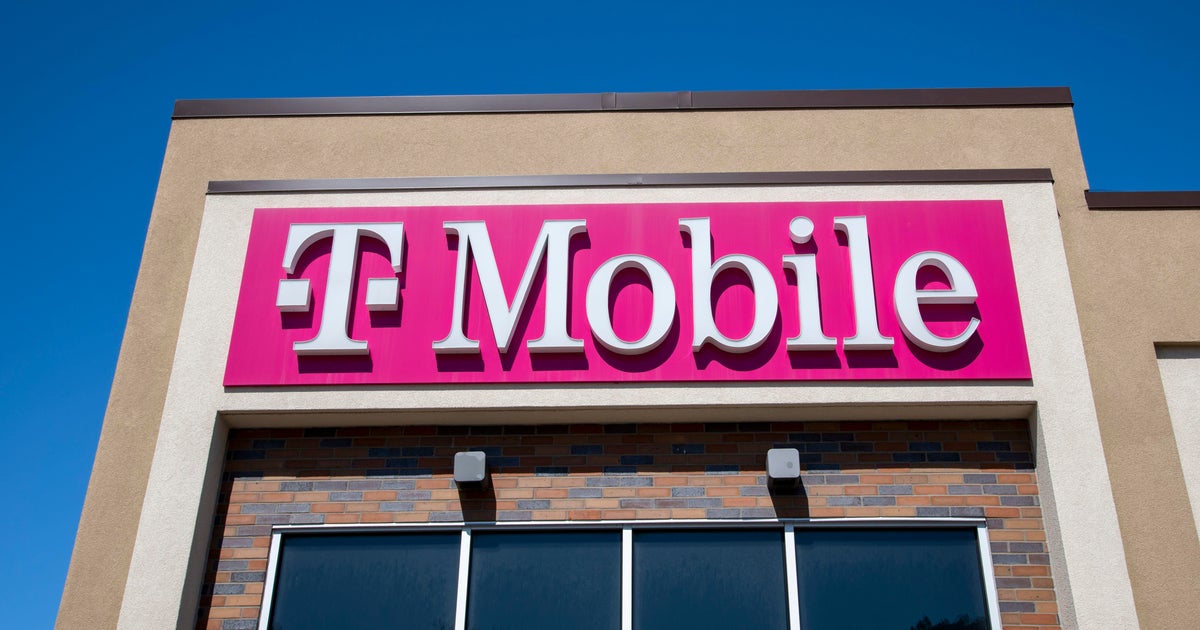Mystery Witness Drops Bombshell At Gus Boulis Murder Trial
FORT LAUDERDALE (CBSMiami/AP) — After nearly a week's delay, testimony resumed Wednesday in the trial of two men accused of organizing the murder of South Florida businessman Konstantinos "Gus" Boulis.
The mystery witness, whose real name was not revealed to the jury, testified that Anthony "Big Tony" Moscatiello offered him $100,000 to kill Boulis but that he refused to do it.
Testifying under the pseudonym "Nick DiMaggio," the secret witness said that under Gambino crime family rules, it was out of bounds to kill for money. Nick DiMaggio said hits were acceptable only for "principle" and that he was insulted when Moscatiello made the request to kill Konstantinos "Gus" Boulis in late 2000 or early 2001.
"In my prior life, you didn't kill people for money. If it was principle, you killed people. I didn't kill people for money. Principle, yes. Money, no," Nick DiMaggio testified. "If it would have been for the family and it would have been over principle, I wouldn't have been insulted."
Moscatiello and Anthony "Little Tony" Ferrari face the death penalty if convicted in the Feb. 6, 2001, slaying of Boulis, who was ambushed in downtown Fort Lauderdale. Prosecutors say the shooter was John "J.J." Gurino, another Gambino associate whom Nick DiMaggio described as his best friend. Gurino was later shot to death by a Boca Raton deli owner.
Nick DiMaggio, who has been government informant since May 2005 and has seven felony convictions, testified under extraordinary security with several federal agents in the courtroom and a ban on any photography or videotaping of him. It wasn't clear why he used a pseudonym in the Florida case; Nick DiMaggio has testified using his real name in New York on numerous occasions in other Gambino-related cases.
Under cross-examination from Moscatiello's attorney, DiMaggio said as part of his deal with federal prosecutors for a reduced sentence he pleaded guilty to two murders, money laundering and marijuana-dealing conspiracy, and admitted to a host of other crimes ranging from cocaine and heroin dealing to assaults and truck hijackings dating to the early 1970s. He wound up doing about eight years behind bars.
"When I was in that life, I was in that life thoroughly. I was no good," he said. "I did a lot of bad things. Very bad things."
He said the meeting in which Boulis' killing came up took place at Moscatiello's home in the Howard Beach section of New York.
Earlier testimony indicated that Boulis was killed in a struggle for control of the SunCruz Casinos gambling fleet, which he had recently sold to New York businessman Adam Kidan and Washington lobbyist Jack Abramoff. Moscatiello, who had known Kidan for years, and Ferrari had lucrative contracts with the new SunCruz owners.
DiMaggio said Moscatiello told him the orders to kill Boulis came from high in the Gambino family and that the money was coming from Kidan.
"He explained to me that it come from the top. The guy (Boulis) was making a lot of problems with the gambling in South Florida," DiMaggio testified. "There was a lot of money at stake. They needed this guy taken care of right away."
Kidan has not been charged in the Boulis slaying, but he did serve federal prison time along with Abramoff for fraud in their $147.5 million purchase of SunCruz. Kidan is expected to testify later in the Boulis trial.
DiMaggio said Gurino never told him about any involvement in the Boulis killing, but Gurino did send him a newspaper article about it.
"I said to myself, 'There's going to be a lot of problems,'" DiMaggio said.
(TM and © Copyright 2013 CBS Radio Inc. and its relevant subsidiaries. CBS RADIO and EYE Logo TM and Copyright 2013 CBS Broadcasting Inc. Used under license. All Rights Reserved. This material may not be published, broadcast, rewritten, or redistributed. The Associated Press contributed to this report.)



